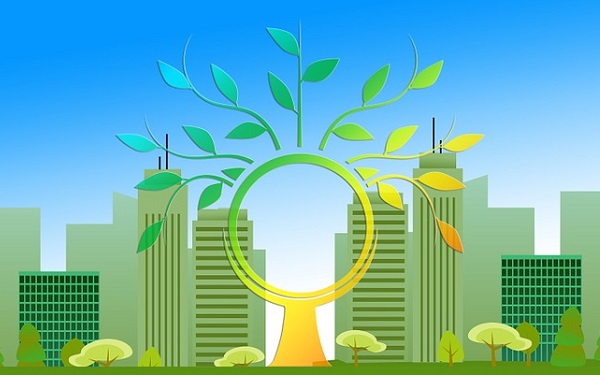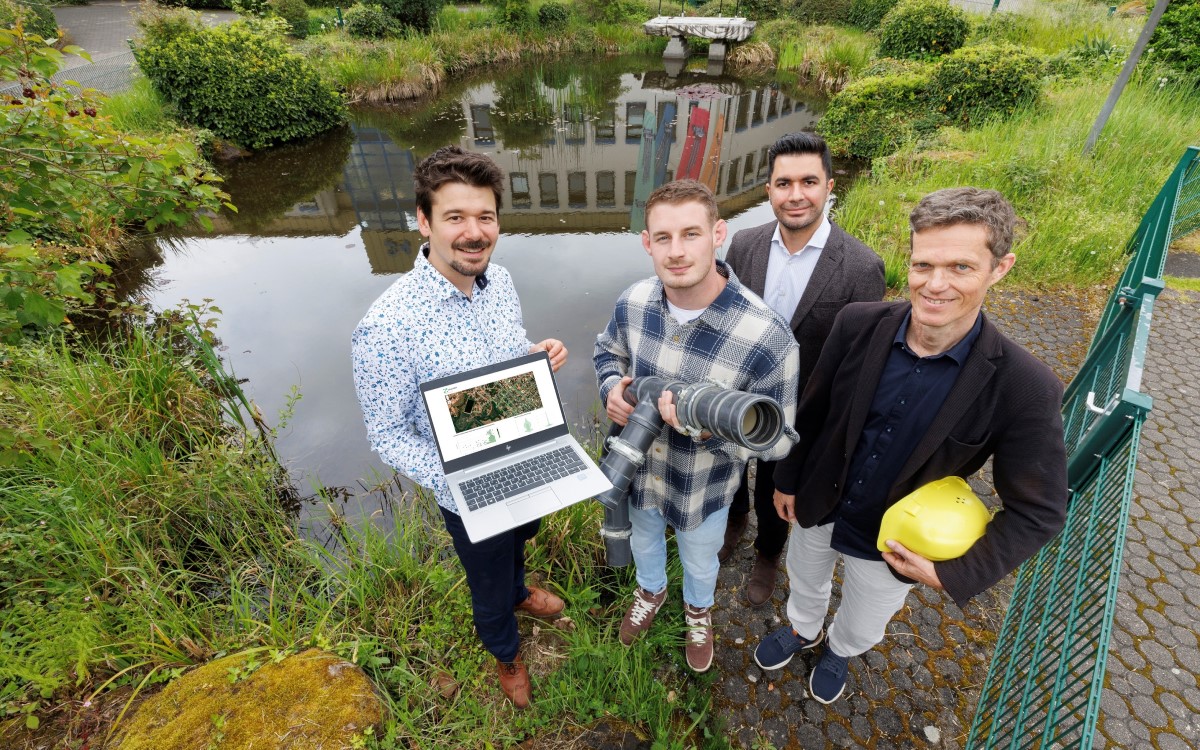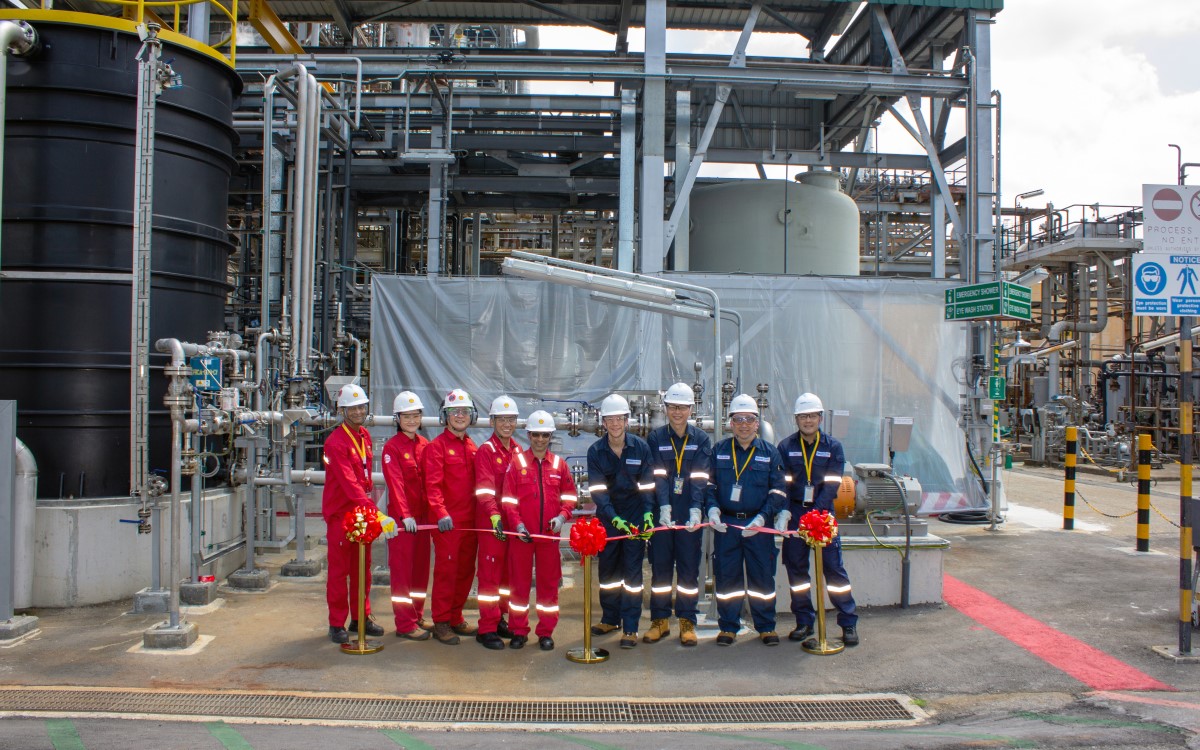July 25, 2022 | Considering the increasing pressure on water resources worldwide, the integration of decentralized approaches into existing centralized infrastructure is essential for achieving sustainable water resource management, increased water reuse, and establishing a circular water economy. The project MULTISOURCE aims to demonstrate Nature-based Solutions for urban water treatment, storage, and reuse.
MULTISOURCE is a 4-year project aimed at facilitating the systematic, city-wide planning of nature-based solutions for urban water treatment, storage, and reuse.
Methods
Seven technical pilots (raw wastewater, pre-treated domestic wastewater, combined sewer overflow, greywater, road runoff, rainwater, and high-strength wastewater) will treat a wide range of urban waters. Further information about each pilot is available here.
Parallel to it, decision support tools will be co-designed together with local, national, and international stakeholders.
First annual meeting
The project kicked off its activities in June 2021. After a full year, the project’s partners spent three days working together in the city of Lyon and updating each other on the latest developments. It was the first time that they met in person, and it was a great opportunity to unleash their expertise, getting updated on all the pilots and work packages developments as well as brainstorming on different scenarios for the MULTISOURCE planning tool.
Expected results
MULTISOURCE will work to:
- Allow a successful removal of waterborne contaminants from the enhanced natural treatment systems.
- Reduce chemical and biological risks and strengthen the status of urban habitats.
- Co-create tools and guidance to adopt and maintain NbS for urban water treatment.
- Offer policy recommendations to safely reuse water in urban areas.
- Ensure gender equality and inclusivity in NbS research and implementation.
- Export the sustainable development in urban water management.
The project has received funding from the European Union’s Horizon H2020 innovation action program under grant agreement 101003527.
Consortium
Project’s coordinator is INRAE, France’s new National Research Institute for Agriculture, Food and Environment, created on January 1, 2020. It was formed by the merger of INRA, the National Institute for Agricultural Research, and IRSTEA, the National Research Institute of Science and Technology for the Environment and Agriculture.
More information about the other partners is available here.
To know more about the project, including past and planned activities and events, visit its website.







